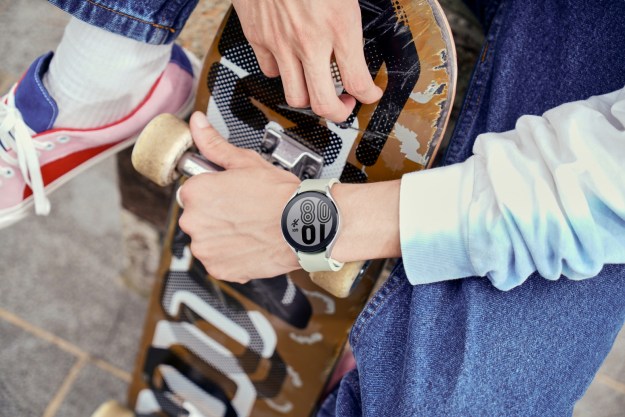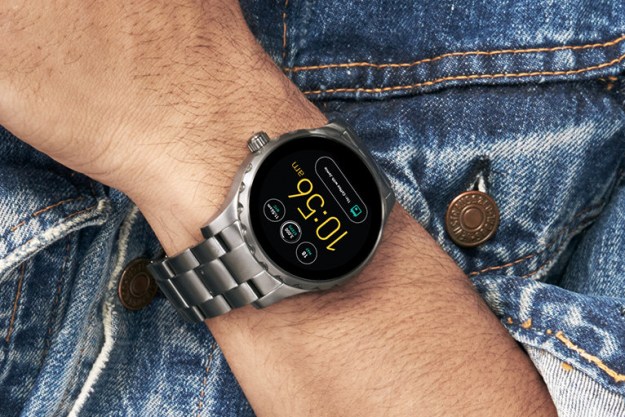
The 3-ounce Bluetooth device is meant to be inserted into your ear whenever you eat or drink. Using sounds picked up by a microphone and other sensors, the BitBite sends data to its accompanying smartphone app, which generates visually appealing charts and reports.
Among the data the app displays is chewing quality, bite count and calories consumed. It also acts as a coach by offering tips on improving your eating habits and calorie intake.
The BitBite’s battery lasts for three hours on one charge, which should translate into about three days if used only during eating and drinking sessions. It uses a USB cable for charging. When it’s not in use, the BitBite can be stored in a clip or wristband.
The device will retail for $159, but backers of its Indiegogo crowdfunding campaign can get it for a discount. Deliveries are expected to happen in June 2015.
So far, the campaign has raised about two-thirds of its $60,000 goal. It closes on Dec. 11.
The BitBite enters a crowded field of fitness-oriented wearable devices occupied by the likes of Microsoft, Lenovo, Jawbone and, soon enough, Apple. While the BitBite has taken a non-wrist approach, the viability of the fitness band industry is in question.


